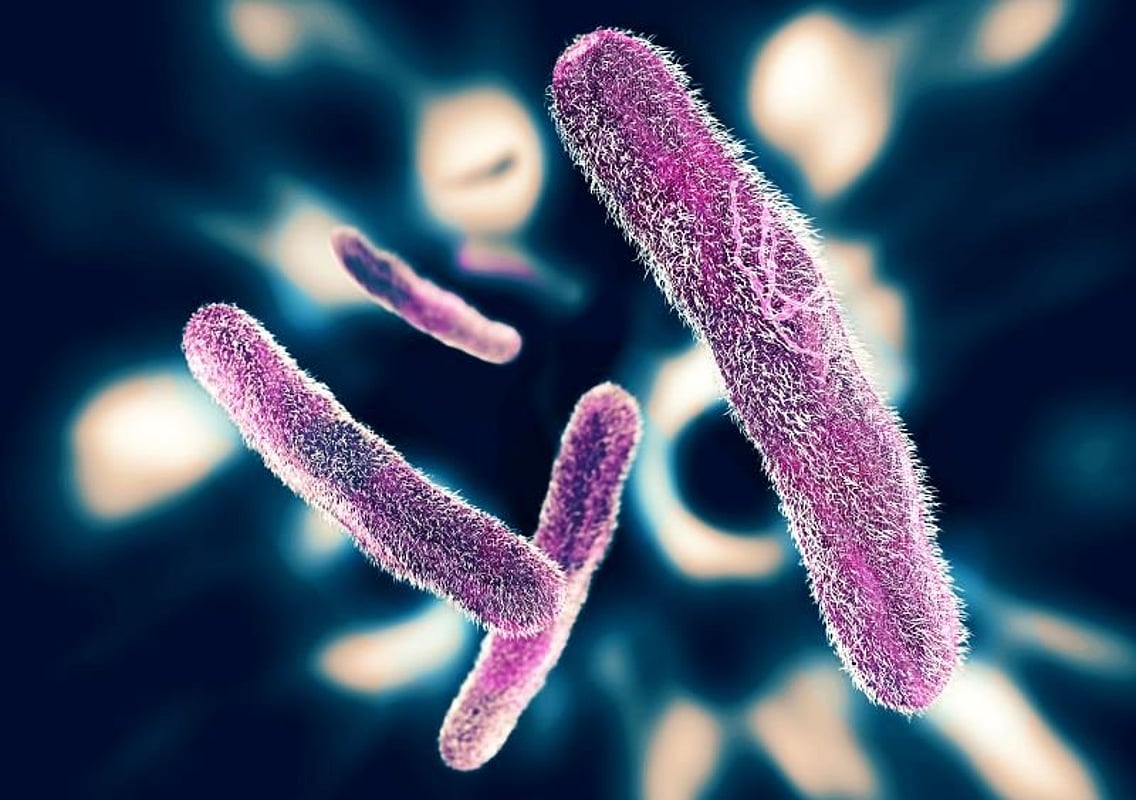CDC Warns of Rise of Drug-Resistant Shigella Bacteria

MONDAY, Feb. 27, 2023 (HealthDay News) -- Public health officials are warning about an increase in drug-resistant strains of the bacteria Shigella.
About 5 percent of Shigella infections reported to the U.S. Centers for Disease Control and Prevention last year were caused by the drug-resistant XDR strain. That compares to 0 percent in 2015. Limited treatment options exist for people infected with XDR strains. The bacteria are easily transmissible and can spread their antimicrobial resistance genes to other bacteria.
The CDC urged health care workers to be vigilant about reporting cases of XDR Shigella to their local or state health departments. Shigellosis affects the intestines, typically causing inflammatory diarrhea that may be bloody. Symptoms can also include fever and abdominal cramping. Shigella bacteria can spread easily through the fecal-oral route, through person-to-person contact such as sexual contact, or by consuming food and water prepared by someone with an infection.
In the United States, shigellosis has typically affected young children aged 4 years and younger. More recently, the CDC has seen an increase in drug-resistant Shigella infections in adults, including increases in men who have sex with men, people who are homeless, international travelers, and people with HIV.
People with Shigella typically can recover with fluids and supportive care, but sometimes an antimicrobial agent is needed to shorten the length of illness and reduce the likelihood of spreading it during outbreaks. An antimicrobial agent may also be indicated for immunocompromised people, those living in institutional settings, or people living with HIV.
XDR Shigella bacteria are strains resistant to all commonly recommended and alternative antibiotics, including azithromycin, ciprofloxacin, ceftriaxone, trimethoprim-sulfamethoxazole (TMP-SMX), and ampicillin.
Between January 2015 and January 2023, the CDC received reports of 239 XDR Shigella cases, with two-thirds of them Shigella sonnei and one-third Shigella flexneri. Among 232 for whom patient information was available, 82 percent were men, 13 percent were women, and 5 percent were children. Forty-one of the patients answered questions about sexual activity, and 88 percent reported male-to-male sexual contact.
The CDC plans to continue monitoring and tracking infections that have unique or worrisome markers of genetic and antimicrobial resistance. The agency is also doing an analysis of antimicrobial-resistant Shigella infections in the United States.
Related Posts
Having A-Fib Might Raise Odds for Dementia
MONDAY, March 13, 2023 (HealthDay News) -- The common irregular heartbeat known...
Flu Vaccine Uptake Varies by Sociodemographic Factors in CKD Patients
TUESDAY, Sept. 26, 2023 (HealthDay News) -- Among patients with chronic kidney...
White House Announces COVID-19 Vaccination Plan for Young Children
WEDNESDAY, Oct. 20, 2021 (HealthDay News) -- The White House on Wednesday...
Lower Mortality Seen With Hemodiafiltration for Kidney Failure
WEDNESDAY, June 21, 2023 (HealthDay News) -- For patients with kidney failure,...
